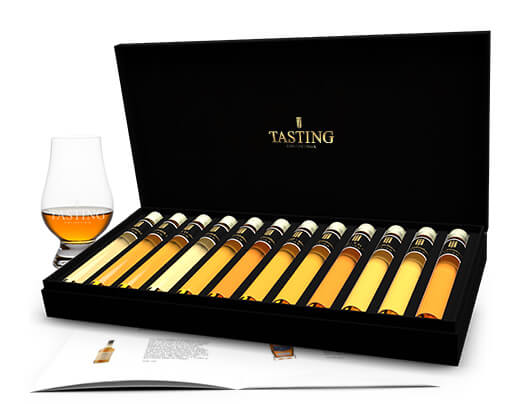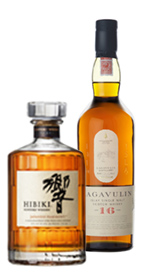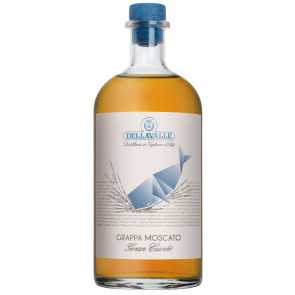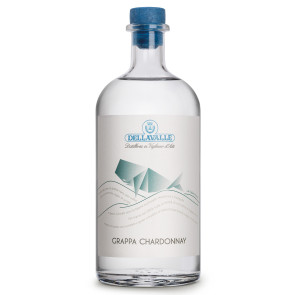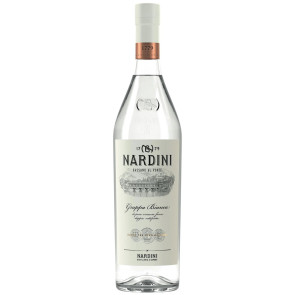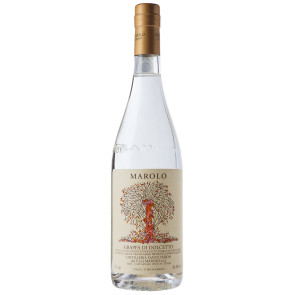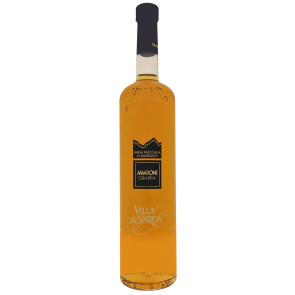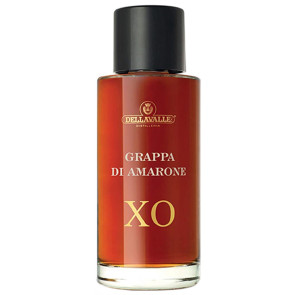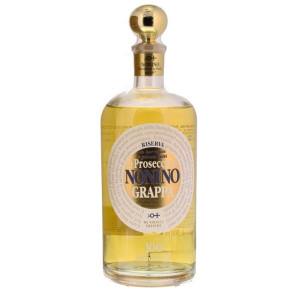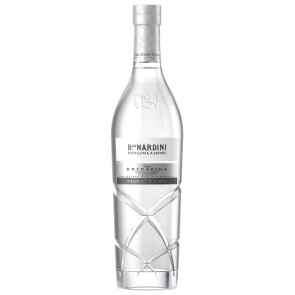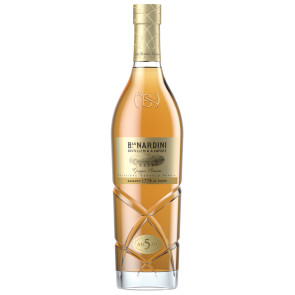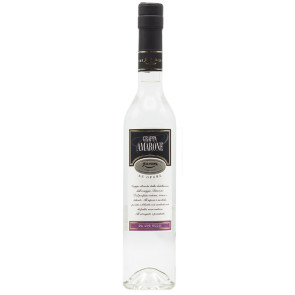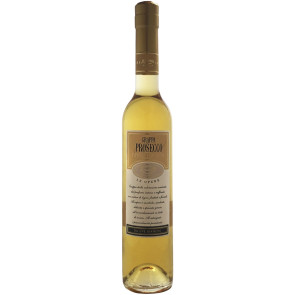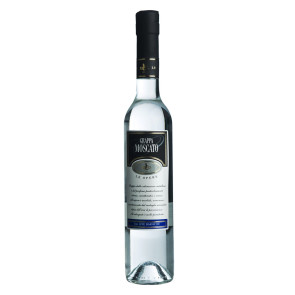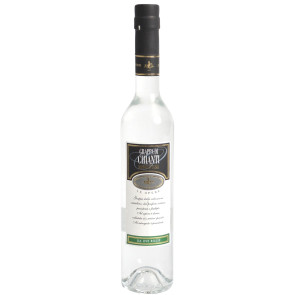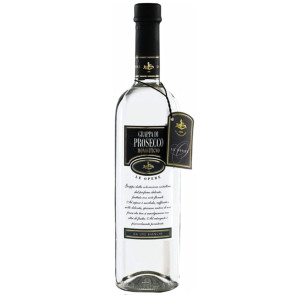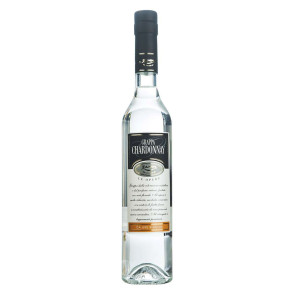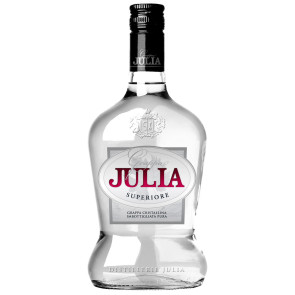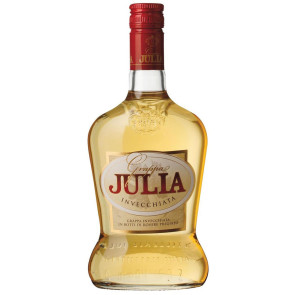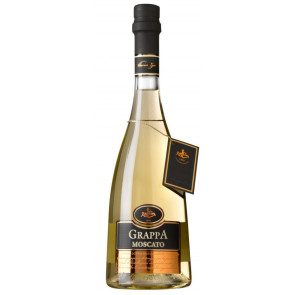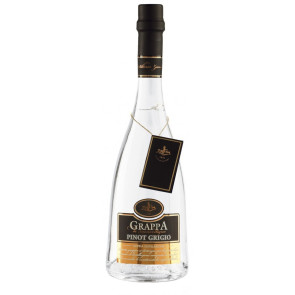GrappaOrder your favorite Grappa
|
-
Dellavalle - Moscato Gran Cuvée (0.7 ℓ)
€ 23.95 -
Dellavalle - Chardonnay (0.7 ℓ)
€ 25.49 -
Nardini - Grappa Bianca (0.7 ℓ)
€ 34.94 -
Marolo - Dolcetto (0.7 ℓ)
€ 36.95 -
Villa de Varda - Moscato Riserva (0.7 ℓ)
€ 41.50 -
Villa de Varda - Amarone Riserva (0.7 ℓ)
€ 42.50 -
Dellavalle - Amarone XO (0.7 ℓ)
€ 42.96 -
Nonino - Prosecco (0.7 ℓ)
€ 43.95 -
Nardini - Grappa Extrafina (0.7 ℓ)
€ 50.51 -
Nardini - Grappa Riserva, 5 Y (0.7 ℓ)
€ 55.95 -
Le Opere - Amarone (0.5 ℓ)
€ 12.95Out of stock
-
Le Opere - Invecchiata in Legno (0.5 ℓ)
€ 13.50Out of stock
-
Le Opere - Moscato (0.5 ℓ)
€ 13.50Out of stock
-
Le Opere - Chianti (0.5 ℓ)
€ 14.96Out of stock
-
Le Opere - Prosecco (0.5 ℓ)
€ 14.96Out of stock
-
Le Opere - Chardonnay (0.5 ℓ)
€ 16.50Out of stock
-
Julia Grappa - Superiore (0.7 ℓ)
€ 17.50Out of stock
-
Julia - Invecchiata Grappa (0.7 ℓ)
€ 18.95Out of stock
-
Regadin - Moscato (0.7 ℓ)
€ 20.50Out of stock
-
Regadin - Pinot Grigio (0.7 ℓ)
€ 20.50Out of stock
What's Grappa?
Grappa is made in Italy from the grape must, the residues that remain after pressing the grapes for wine production. After pressing, the pulp goes to a distillery and the pulp is steamed, which releases the alcohol. The distilled product is called Grappa.
Grappa species
Like Whisky, Grappa has many different variants. The difference between these Grappa variants is mainly due to the distillation process.
Industrial Grappa
After pressing, the winegrowers bring the grape must to a distillery, the different grape varieties are mixed and are fired at once in a big distillcolumn. This results in the final product, the Industrial Grappa.
Artisan Grappa
The grape must for Artisan Grappa usually goes to the distillery per grape variety, they distil in two stages, per grape variety, in smaller copper pots, the so-called pot still. Grappa of only one grape variety is called Single Grape.
White Grappa
The spirit from the kettles is stored in a tank, after a few weeks they filter the spirit and dilute it into white Grappa with an alcohol percentage of at least 37.5% and a maximum 60%.
Matured Grappa
The barrels used for matured Grappa can be made of various types of wood, oak, chestnut, ash, cherry or acacia. Grappa aged up to a year is called Affinata, up to 18 months Invecchiata, a longer maturation we call Stravecchia or Riserva.
Arromatizzata
Arromatizzata is a Grappa to which herbs or plants are added. A well-known example of an Arromatizzata is the Grappa Ruta.
Grappa brands
Grappa has many well-known brands, which of course can also be obtained from the Tasting Collection, a selection of Grappas offered by Tasting Collection.
Villa Isa
Villa Isa is the distillery of Roberto Dellavalle from Asti in Piedmont, opened in 1983. Roberto distils per grape variety, he mainly uses the grape must of winegrowers from the Asti area.
Villa de Varda
The Dolzan family, winegrowers since the 15th century, also started distilling Grappa in the 19th century under the brand Villa de Varda. The distillery is located in Mezzolombardo in Trentino. They only use grapes from their own vineyards.
Marolo
Paolo Marolo opened his Artisan Grappa distillery in 1977 in Alba, in the middle of the Barolo wine region. Marolo is best known for his Grappa made from the must of grapes from the Barolo area.
Le Opere
The Zanin family started producing Grappa in 1895 in Zugliano, Veneto. They make various Grappas, including Le Opere, from one grape variety. They buy the grape must from winegrowers from all over Italy.
Grappa grape varieties
Grappa is made from all the grapes that are used. In a Grappa made from one grape variety, the smell and taste of the wine is still recognizable, a light white wine gives a light Grappa, a heavy red wine gives a strong intense Grappa.
Prosecco
The Prosecco grape is the grape from which the lightly sparkling wine is made, which is actually called Glera. It gives a lightly fresh and fruity Grappa.
Pinot Grigio
Pinot Grigio is the Italian version of the Pinot Gris grape. The Pinot Grigio Grappa has soft fruit and light floral tones.
Barolo
There is no Barolo grape, this is the Nebbiolo from which the famous Barolo wine is made. A sturdy, powerful and intense Grappa.
Amarone
The main grape varieties used for Amarone wine are the three grape species Corvina, Rondinella and Molinara. The Amarone Grappa is dry and sturdy.
Moscato
The family of the Moscato (Muscate) grape has 200 different varieties, they are always sweet white grapes. The Moscato Grappa is soft and friendly with light sweet tones.

